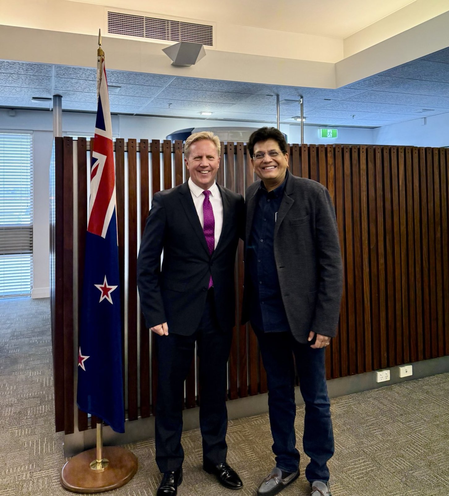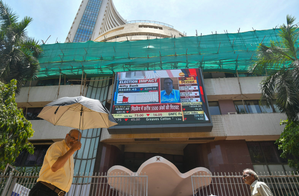
New Delhi, July 22 (IANS) With artificial intelligence (AI) taking root in several spheres of economic activity, steering technological choices towards collective welfare is the key and employers owe it to themselves to strike a balance between deploying technology and labour, the Economic Survey said on Monday.
New technologies like AI are emerging as the biggest strategic differentiator determining the economic prosperity of nations.
The next big step in the coming years is likely to be towards AI/Machine Learning, decentralised finance, the internet of Things (IoT), etc, which have a vast potential to disrupt the digital payments ecosystem.
“Further, the vision is for India to evolve as a ‘fintech nation’ with the highest number of fintech firms and the highest fintech adoption rate by incumbents fuelled by digital public infrastructure,” the Survey highlighted.
India is the founding member of the Global Partnership on Artificial Intelligence (GPAI), having joined the multi-stakeholder initiative in June 2020.
Since then, the country has contributed to the GPAI goals and objectives and is working on various domestic initiatives for the responsible development, deployment, and adoption of AI.
The Union Cabinet has approved an allocation of over Rs 10,300 crore towards the comprehensive IndiaAl Mission to democratise access to Al innovation pillars and ensure the global competitiveness of India’s Al ecosystem.
According to research by the IT industry’s apex body Nasscom, India is an attractive destination for AI investment due to its relatively low operating costs and the world’s second-largest pool of highly skilled AI, machine learning, and big data workers.
“Technology’s productivity-enhancing potential is beyond doubt, but the social impact of emerging technologies such as AI via labour market disruptions and labour displacement is barely understood. It also has the potential to skew the capital and labour shares of income in favour of the former,” the Survey document noted.
The advent of AI casts a huge pall of uncertainty with respect to its impact on workers across all skill levels — low, semi and high.
“These will create barriers and hurdles to sustain high growth rates for India in the coming years and decades. Overcoming these requires a grand alliance of Union and state governments and the private sector,” suggested the Survey.
–IANS
na/uk




